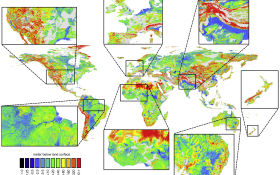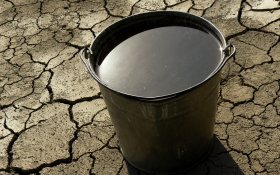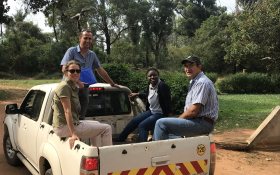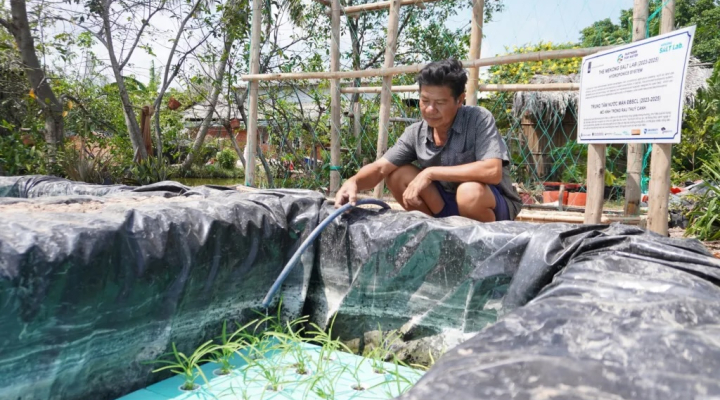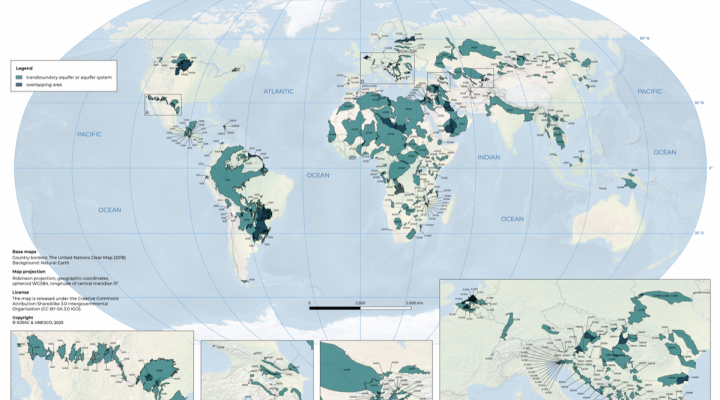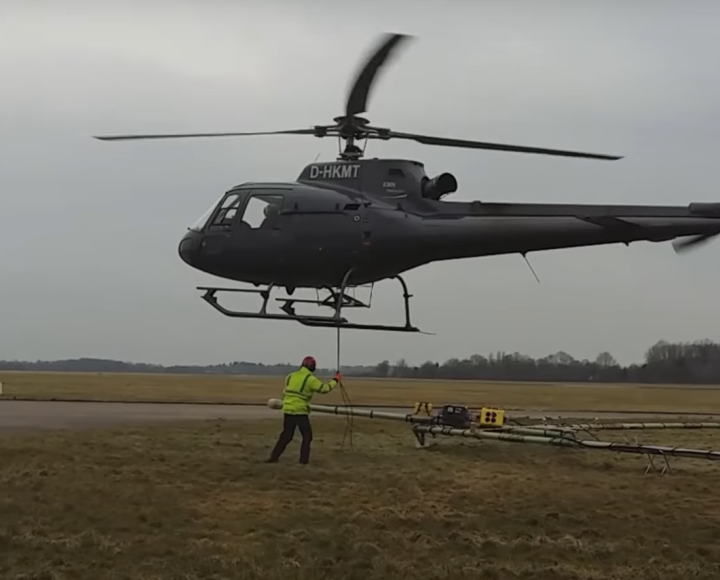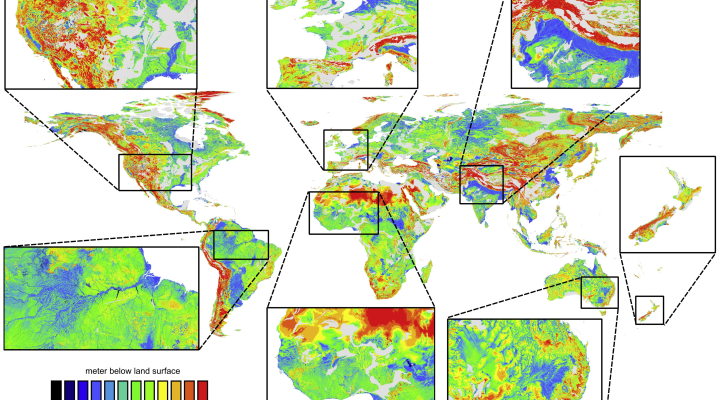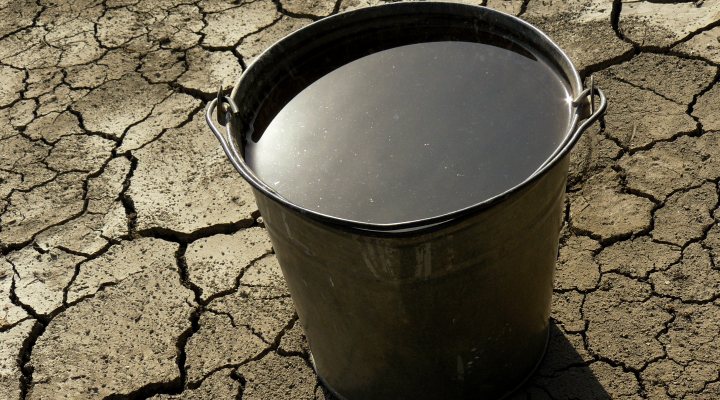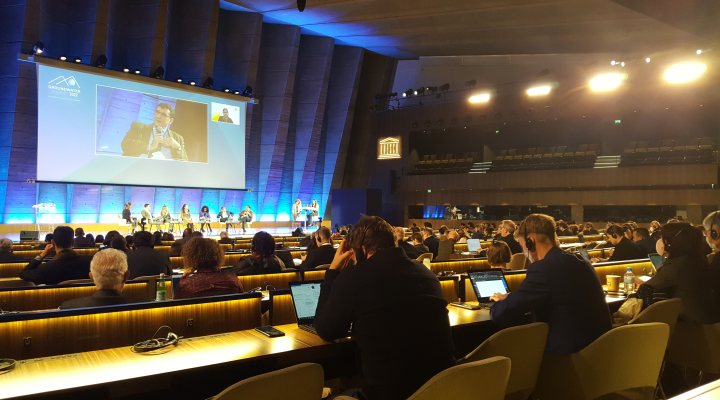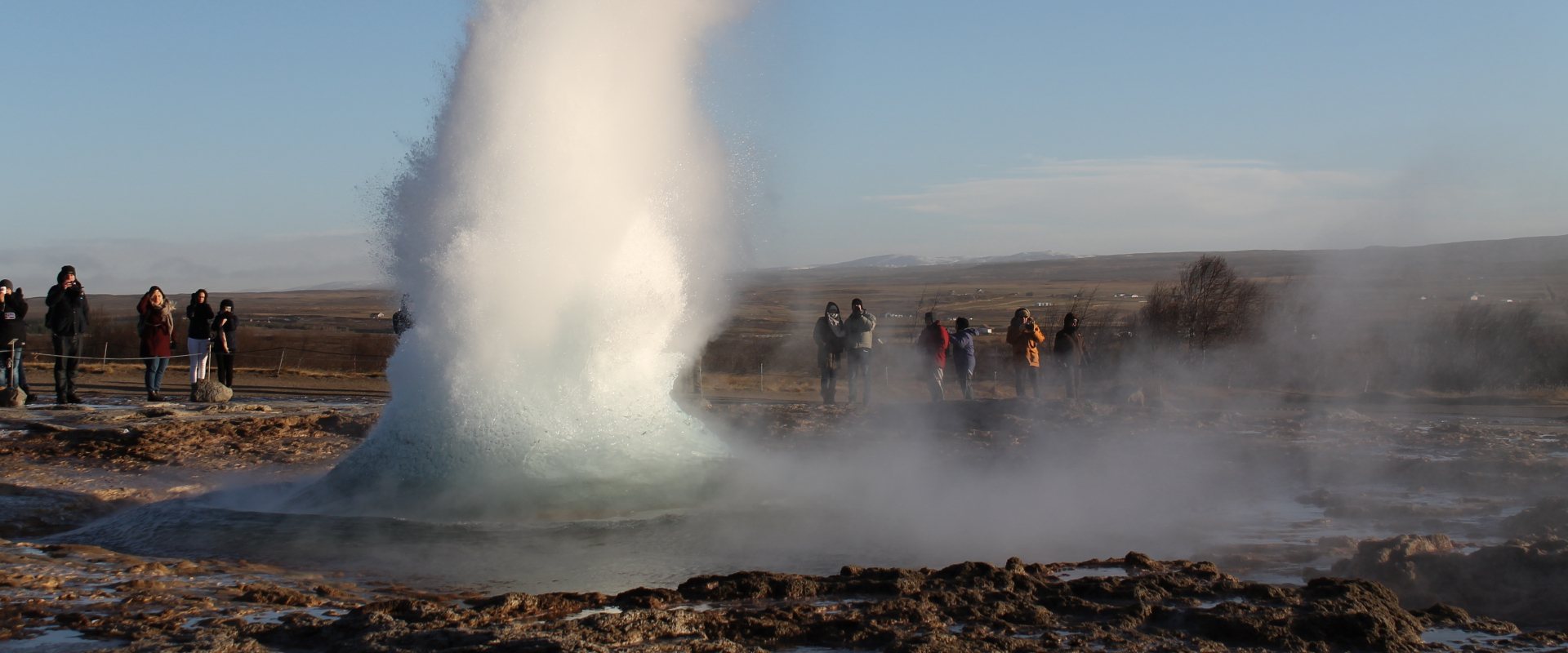
"Approaching groundwater problems from an integrated approach is essential"
The recent UN World Water Development Report 2022, entitled 'Groundwater: making the invisible visible' states that an estimated four billion people live in areas that suffer from severe physical water scarcity for at least one month per year. In this international year of Groundwater a new implementation plan was launched and several events are organised. How does it all connect?
Groundwater is obviously high on the agenda this year. We asked Elisabeth Lictevout, director of IGRAC -the International Groundwater Resources Assessment Centre based in the Netherlands- to give us an update.
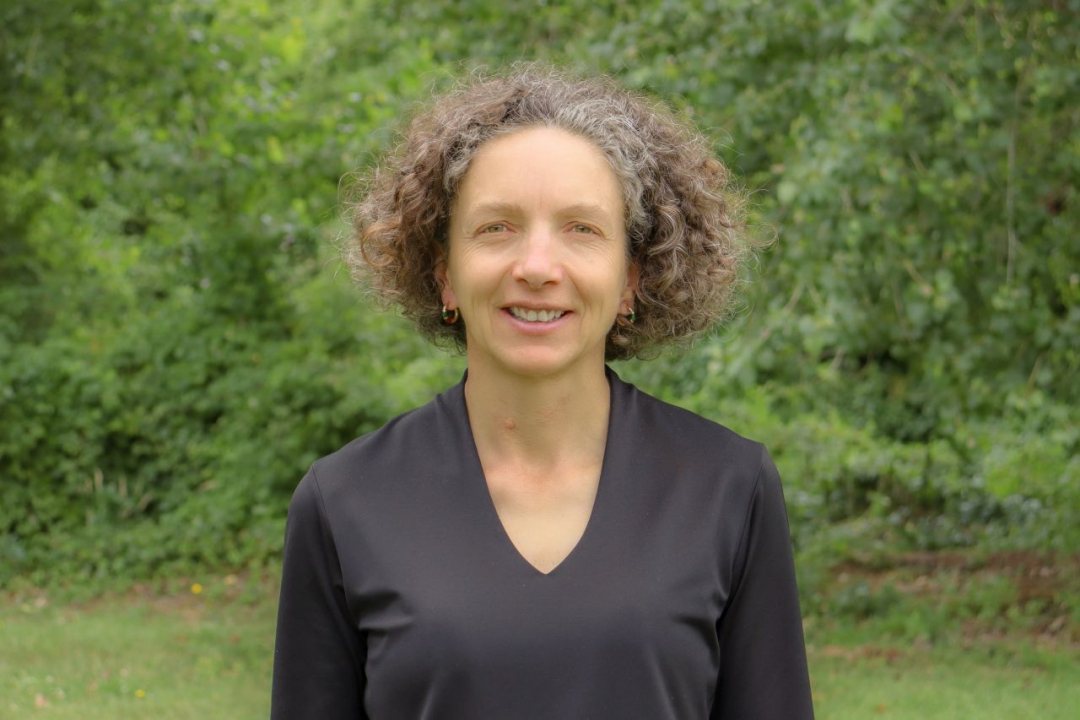

Raising groundwater awareness
The new implementation plan of the 9th phase of the UNESCO Intergovernmental Hydrological Programme (IHP-IX, 2022-2029), entitled "Science for a Water Secure World in a Changing Environment” will run for 7 years (2022-2029), setting out a brand new approach. The plan features activities that do not target sectors but rather focus on the transversal nature of water. This puts more emphasis on the holistic approach to water security, building capacity and raising awareness rather than focusing on the technical part.
Elisabeth Lictevout: "This is important because the analysis show that significant progress has been done in groundwater science and technique. Yet, in 2020, around 1 in 4 people lacked safely managed drinking water in their homes and nearly half of the world’s population lacked safely managed sanitation [1]. Many water points fail within a few years after their installation [2]. More generally, we are not on track to achieve Sustainable Development Goals on water (SDG6) targets by 2030. That means that water problems are not only a technology issue in most of the cases."
Lictevout continues: "The reasons are multiple: water is closely linked to social, cultural and economic issues. So many factors can influence the access to water, especially for the most vulnerable. If they are not all taken into account in the design of the solution, its sustainability is at stake. That is why approaching water problems from an integrated approach is essential."
SDG6 acceleration
Executing this new and ambitious 9th phase will be an excellent means to accelerate the achievement of the globally agreed Sustainable Development Goal on water and sanitation (SDG 6), which is currently off track. During the International Conference 'Groundwater, key to the sustainable development goals' from 18-20 May in Paris, France, the link was made between groundwater and the SDGs.
Lictevout: "As several reports have pointed out, groundwater is linked to many Sustainable Development Goals (SDGs) and targets [3]. However, it is not properly taken into consideration in the estimation of SDGs indicators, especially regarding the quantitative status of water resources. Despite that groundwater is representing 99% of the world non-iced fresh water resources! Groundwater is also still marginally taken into account in policies, legislations, governance bodies, and, basically, in the water issues."
How can we remediate this, according to Lictevout? "Capacity development and financing are key for a better integration of groundwater in all water issues, and for accelerating the achievement of the sustainable development goal 6 (water and sanitation). There is an urgent need to have groundwater specialists in all the organisations and institutions dealing with water issues."
Reaching high
The findings of the International Conference in May will feed the elaboration of the statement that will be issued during the Groundwater Summit in Paris, on 7 and 8 December 2022. The groundwater summit is an UN-Water event coordinated by UNESCO and IGRAC. Lictevout: "However, our objective goes beyond the Groundwater Summit and aims at ensuring that groundwater is visible and taken into account at the UN Water Conference in New York in March 2023 which is co-hosted by Tajikistan and The Netherlands. The Groundwater Summit is now part of the high-level events leading toward the 2023 UN Water conference. This is a great step!"
The essence of groundwater
To support this international year of groundwater and to aid the new approach of raising awareness and building capacity, IGRAC is launching a new video series called Watered Down. Lictevout: "With ‘Groundwater, making the invisible visible’ being the theme of this year’s World Water Day, as well as World Toilet Day later this year, the spotlight is finally on this ‘hidden’ resource. With this extra attention, also comes a new audience that may not yet know that groundwater is more than just a source of drinking water. How is groundwater linked to food production? What role does it play during emergency situations? What impact does climate change have on groundwater resources and what role could groundwater play within this changing climate? These questions and more will be answered during this video series."
For this series cooperation is key says lictevout. "If you aim to make a clear connection between groundwater with other fields of expertise you can only achieve that by joining hands with experts from those fields." For the first two episodes, IGRAC has collaborated with KWR Water and Wageningen University. These episodes will be launched before the summer break and the remaining six are scheduled for the second half of 2022.
Anticipating future developments
IGRAC has been active for almost 20 years in the production and the dissemination of knowledge on groundwater resources worldwide, and related societal challenges. The organisation has set itself a new goal of putting more efforts in building knowledge where it is missing, and translating this knowledge into effective groundwater management. Lictevout: "Capacity-building is key, but financing is also necessary. IGRAC has always focused on data and knowledge generation and sharing for better management. However, we also need to adapt. More than ever, and given the urgency for efficient actions, we will need to work more with national partners, and build strong collaboration and partnerships in order to address collectively the challenges."
- Source: Joint Monitoring Programme (JMP) report – Progress on household drinking water, sanitation and hygiene 2000 – 2020).
- Source: Banks, 2016. What’s Working, Where, and for How Long. RSWN
- According to the report ‘Groundwater and Sustainable Development Goals: Analysis of Interlinkages’, groundwater is linked to 53 SDGs targets (out of a total of 169)




